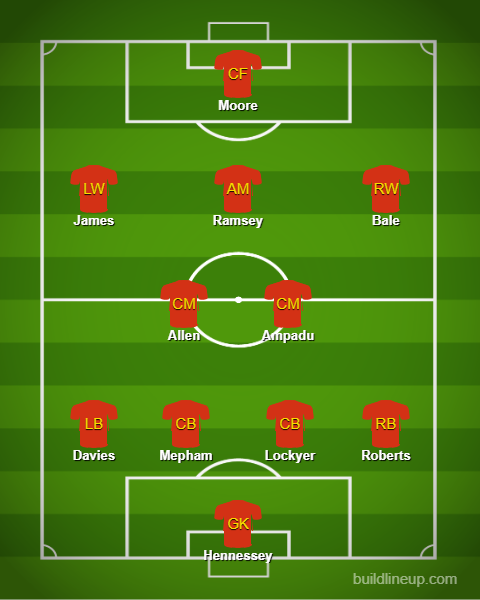
/cdn.vox-cdn.com/uploads/chorus_image/image/47082690/usa-today-8149223.0.jpg)
FANATICAL FOOTBALL LINEUP ANALYZER FREE
That doesn’t even include bloggers and what Charchian calls “mom-and-pop shops,” small online services offering, and often profiting from, projections, predictions, advice and analysis.įSTA members include, ESPN and Yahoo - all of which offer sponsor- and advertiser-funded free online fantasy sports services, including league administration, contests and games, analytics and tools, and mobile versions.

The Minneapolis-based Fantasy Sports Trade Association (FSTA), established in 1999, provides organization and support to 120 member businesses, 90 percent of which, says President Paul Charchian, now have an online presence.

“We would wait for the fantasy magazine to come out - you needed those magazines and that’s all changed now - it’s all on the Internet,” says Carlin. Stuart Carlin, founder of the online news and event site Local Stew, started playing rotisserie baseball as an eighth-grader in Chicago. Now, it has grown into a multi-billion dollar industry where information is available and managed online in real time. Fantasy sports was once a baseball-centric hobby that involved laboriously tracking newspaper box scores and combing magazines such as Baseball Weekly, Street and Smith and Sporting News for statistics. Baseball’s status as both the national pastime and fantasy sports patriarch notwithstanding, football aficionados now constitute at least 75 percent of fantasy participants.īut for fans of both games, there’s a universal game-changer - the Internet. Modern fantasy sports have evolved dramatically over the last 30 years from the first “rotisserie” baseball league, named for La Rotisserie Francaise, the New York restaurant where writer/editor Daniel Okrent is credited with holding the first fantasy baseball league in 1980.Ī regular baseball season consists of 162 games, while football a mere 16. “It makes you feel like you’re the coach of a team,” says fantasy football player Dave Dossick, whose day job is assistant director of the JCC Maccabi Games in Philadelphia. Fantasy football leagues consist of 10-12 teams, and each has a commissioner who organizes the draft, coordinates rule changes (each league sets its own rules), collects and distributes funds, and monitors the league’s trading activity. In fantasy sports, players join a league, “draft” a team of actual athletes, pick a lineup for each game and receive points based on the performance of their players in actual competition. The stage is set in the comfort of the living room, local pub or best buddy’s basement.Īnd, unlike real sports where even the gifted and powerful generally assume only a single role, the armchair sports titan gets to be Jerry Jones (Dallas Cowboys owner), Tom Lewand (Lions team president) and Bill Belichick (New England Patriots coach) all rolled into one.

The costume is no more than a favorite jersey or cap. Like musket-toting civil war re-enactors and mead-drinking renaissance festival lords, players in fantasy sports leagues forsake the drudgery of accounting offices, assembly lines, honey-do lists, laundry and lawn work - spending an estimated $800 million annually to play “let’s pretend.”
FANATICAL FOOTBALL LINEUP ANALYZER PROFESSIONAL
On any given Sunday in the United States, millions of fantasy football players fade out of their everyday reality and into a Walter Mitty-esque landscape of top echelon professional sports heroics. Detroit entrepreneurs tap into “rotisserie” sports - an estimated $800-million-a-year Dungeon-and-Dragons-for-jocks industry.


 0 kommentar(er)
0 kommentar(er)
